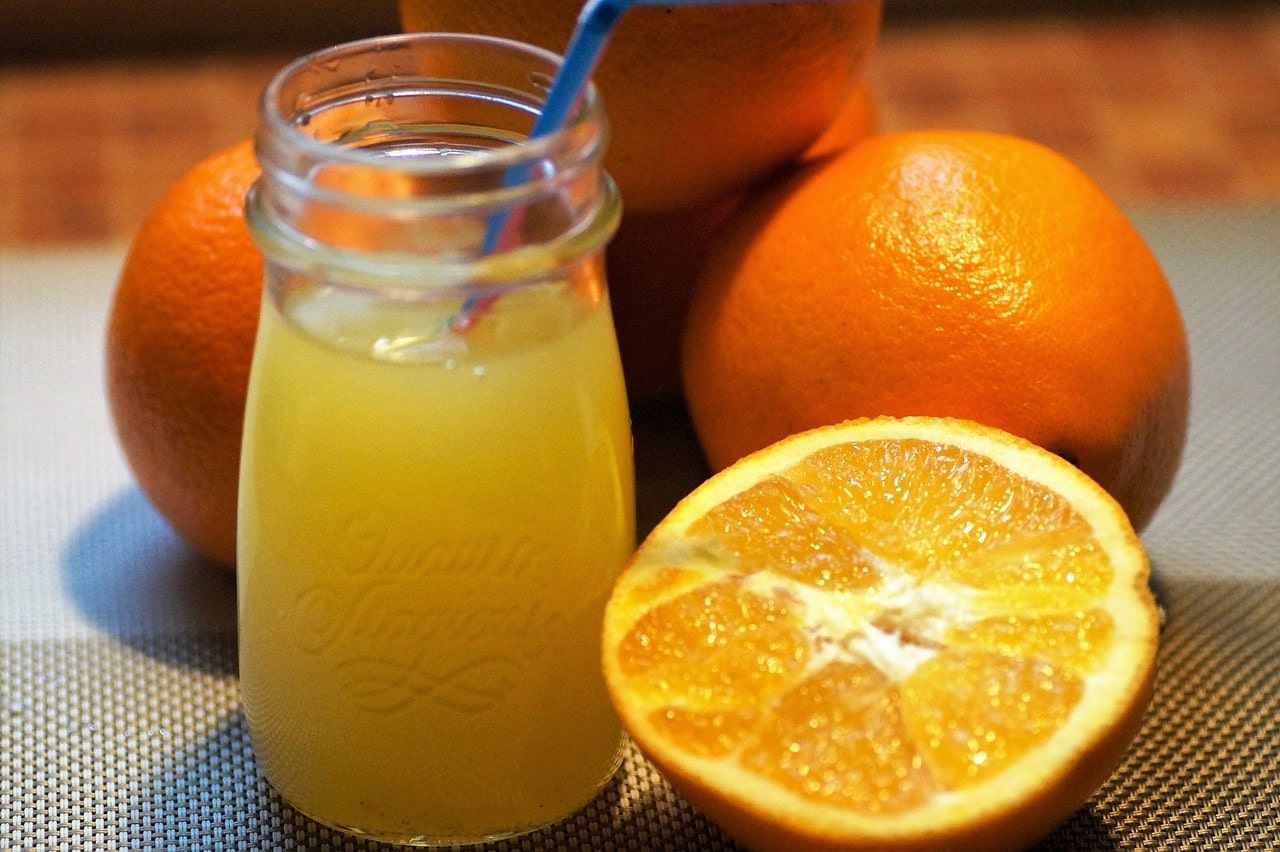

Articles
How To Store Fresh Juice
Modified: December 7, 2023
Learn the best methods for storing fresh juice to preserve its nutrients and flavor. Discover articles on proper storage techniques for different types of juice.
(Many of the links in this article redirect to a specific reviewed product. Your purchase of these products through affiliate links helps to generate commission for Storables.com, at no extra cost. Learn more)
Introduction
Freshly squeezed juice is a delicious and nutritious way to start your day. Whether it’s orange, apple, or any other fruit, nothing beats the taste of a refreshing glass of juice made from scratch. However, if you find yourself with an excess amount of fresh juice or want to store it for later use, proper storage techniques are essential to preserve its taste and freshness.
In this article, we will guide you on how to store fresh juice effectively, ensuring that it remains delicious and retains its nutritional value. From choosing the right containers to utilizing various storage methods like refrigeration and freezing, we’ve got you covered. Let’s dive in!
Key Takeaways:
- Properly storing fresh juice is crucial for maintaining its taste and nutritional value. From choosing the right containers to utilizing refrigeration and freezing, these methods ensure your juice stays delicious and ready to enjoy.
- Consider vacuum sealing or using ice cube trays for convenient storage options. For longer-term preservation, explore pasteurization, natural preservatives, and canning techniques. Always prioritize freshness and flavor when storing freshly squeezed juice.
Read more: How To Store Fresh Carrot Juice
Choosing the Right Containers
When it comes to storing fresh juice, choosing the right containers is crucial to maintain its quality. Here are some factors to consider:
- Glass Containers: Glass containers are an excellent choice for storing fresh juice. They are non-reactive and do not leach any harmful chemicals into the juice. Additionally, glass containers are easy to clean and maintain, preserving the taste and freshness of the juice.
- BPA-Free Plastic Containers: If glass containers are not an option, opt for BPA-free plastic containers. Ensure that the containers are specifically designed for food storage and are made from high-quality, food-grade plastic. This helps prevent any chemical leaching and maintains the integrity of the juice.
- Airtight Seal: Regardless of the material you choose, ensure that the containers have airtight seals. This prevents air from entering the container, which can lead to oxidation and spoilage of the juice.
- Size and Shape: Consider the amount of juice you plan to store and choose containers that are the appropriate size. It’s also beneficial to opt for containers with a narrow opening, as it minimizes the surface area exposed to air, preserving the juice’s freshness.
Remember to thoroughly clean and sanitize the containers before use to avoid any contamination that could affect the quality of the juice.
Refrigerator Storage
Refrigeration is one of the simplest and most common methods to store fresh juice. Follow these steps to ensure proper refrigerator storage:
- Transfer to Air-Tight Containers: Pour the fresh juice into clean, airtight containers. This helps maintain its flavor and prevents any odors from the refrigerator from seeping in.
- Label and Date: It’s essential to label the containers with the juice type and the date of storage. This will help you keep track of the freshness and prevent any confusion later on.
- Store at the Optimal Temperature: Set your refrigerator to a temperature between 32-40°F (0-4°C) to ensure proper preservation of the juice. Avoid placing the containers near the door or in the warmest part of the refrigerator.
- Keep Away from Strong Odors: The flavors of fresh juice can easily be influenced by strong-smelling foods in the refrigerator. Keep the containers away from onions, garlic, or any strong-smelling items to preserve the juice’s taste.
- Consume Within 3-4 Days: Freshly squeezed juice stored in the refrigerator should ideally be consumed within 3-4 days. The longer it sits, the more its taste and nutritional value may deteriorate.
By following these steps, you can keep your fresh juice safe and tasty for a few days in the refrigerator.
Freezing Fresh Juice
If you want to extend the shelf life of your fresh juice, freezing is a great option. Here’s how you can freeze fresh juice effectively:
- Preparation: Before freezing the juice, make sure it is thoroughly chilled in the refrigerator. This helps maintain its flavor and quality during the freezing process.
- Choose Freezer-Safe Containers: Opt for freezer-safe containers that are specifically designed for freezing liquids. Glass jars or BPA-free plastic containers with airtight lids are ideal choices.
- Leave Room for Expansion: Leave some space at the top of the container to allow the juice to expand as it freezes. This prevents the containers from cracking or bursting.
- Label and Date: Label each container with the juice type and the date of freezing. This will help you keep track of its freshness.
- Freeze in Individual Portions: If you prefer to have smaller portions of juice, consider freezing them in ice cube trays. Once frozen, transfer the juice cubes into a freezer-safe bag for easier storage.
- Keep in the Freezer: Place the containers in the coldest part of the freezer, away from any strong-smelling foods. This ensures that the flavors of the juice are preserved.
- Thawing: When you’re ready to enjoy the juice, transfer the container to the refrigerator and allow it to thaw overnight. Once thawed, give it a gentle stir or shake to reincorporate any separated pulp.
It’s important to note that while freezing helps preserve the taste and nutritional value, the texture of the juice may slightly change. Some separation might occur, but that can be easily remedied with a stir or shake.
By following these steps, you can have frozen fresh juice readily available for future use without compromising on its quality.
Store fresh juice in a glass container with a tight-fitting lid to prevent oxidation and preserve nutrients. Keep it refrigerated and consume within 24-48 hours for the best quality.
Vacuum Sealing Method
Another effective method for storing fresh juice is using a vacuum sealer. Vacuum sealing removes air from the containers, preventing oxidation and freezer burn. Here’s how you can use the vacuum sealing method:
- Prepare the Juice: Chill the fresh juice in the refrigerator before vacuum sealing it. This helps preserve its flavor and quality.
- Choose Vacuum Sealer Bags: Use high-quality vacuum sealer bags specifically designed for storing liquids. These bags are durable and have a reliable seal.
- Pour the Juice: Pour the chilled fresh juice into the vacuum sealer bags, leaving space at the top for the vacuum sealing process.
- Seal the Bags: Place the open end of the bag into the vacuum sealer, ensuring it is securely in place. Start the vacuum sealing process, which will remove the air and tightly seal the bag.
- Label and Date: Label each vacuum-sealed bag with the juice type and the date of sealing. This helps you keep track of the freshness.
- Freeze or Refrigerate: If you plan to store the vacuum-sealed bags in the freezer, make sure to place them in the coldest part. If refrigerating, place them in the refrigerator.
- Thawing: When you’re ready to use the vacuum-sealed juice, remove it from the freezer or refrigerator and allow it to thaw in the refrigerator. Follow the same thawing process as mentioned earlier.
Vacuum sealing is an excellent method for long-term storage of fresh juice. It helps retain both the taste and nutritional value of the juice, ensuring that you can enjoy it at your convenience.
Remember to follow the manufacturer’s instructions for your specific vacuum sealer to achieve the best results.
Read more: How To Store Fresh Lemon Juice
Using Ice Cube Trays
If you prefer to have smaller portions of fresh juice readily available, using ice cube trays is a convenient method. Here’s how you can use ice cube trays to store fresh juice:
- Chill the Juice: Start by chilling the fresh juice in the refrigerator. This helps maintain its flavor and quality.
- Pour the Juice: Pour the chilled juice into clean ice cube trays. Fill each compartment until it is nearly full, leaving a small space at the top for expansion.
- Freeze Time: Place the ice cube trays in the coldest part of the freezer and allow the juice to freeze completely. This usually takes a few hours.
- Transfer to Freezer Bags: Once the juice cubes are frozen, remove the ice cube trays from the freezer. Pop out the juice cubes and transfer them into freezer bags. Ensure the bags are sealed tightly to prevent freezer burn.
- Label and Date: Label each freezer bag with the juice type and the date of freezing. This helps you keep track of its freshness.
- Convenient Portions: The frozen juice cubes can be easily portioned as needed. Whether you need a few cubes for a quick drink or more for a recipe, simply take out the desired amount from the freezer bag.
- Thawing: When you want to use the juice cubes, transfer them to a glass or container and allow them to thaw in the refrigerator. Alternatively, you can add them directly to smoothies or use them as ice cubes in beverages.
Using ice cube trays is a practical method for storing fresh juice in smaller, convenient portions. It makes it easy to incorporate the juice into your daily routine or recipes without any waste.
Remember to consume the frozen juice cubes within a few months for the best taste and quality.
Storing Freshly Squeezed Juice for a Longer Period
If you’re looking to store freshly squeezed juice for an extended period, there are a few additional methods you can try. These techniques can help preserve the juice’s quality and allow you to enjoy it even after a few months. Here are some tips:
- Pasteurization: Pasteurization is a process that involves heating the juice to a specific temperature to kill off any potential harmful bacteria. This helps extend the shelf life of the juice. However, it’s important to note that pasteurization may alter the taste and nutritional value of the juice.
- Preservatives: Adding natural preservatives, such as citric acid or ascorbic acid (vitamin C), can help inhibit the growth of bacteria and extend the juice’s shelf life. These preservatives are available in powdered or liquid form, and you can follow the instructions for the recommended dosage.
- Filling to the Brim: When storing the juice in containers, fill them all the way to the brim to minimize the contact with air. This helps slow down oxidation and preserve the freshness of the juice.
- Keep in a Dark and Cool Place: If your storage area permits, choose a cool and dark place to store the juice. Exposure to light and heat can speed up the deterioration process, affecting the taste and quality of the juice.
- Consider Canning: Canning is a method commonly used for preserving various types of foods. By following proper canning procedures, you can store freshly squeezed juice in sealed jars for several months. Ensure that you follow appropriate canning guidelines to maintain safety and prevent any instances of spoilage or contamination.
It’s crucial to check the juice periodically for any signs of spoilage, such as change in color, odor, or taste. If you notice any abnormalities, discard the juice to avoid any potential health risks.
Remember that while these methods can help extend the shelf life of the juice, it’s always best to consume it as soon as possible to enjoy its maximum freshness and nutritional value.
Conclusion
Storing fresh juice properly is essential to preserve its taste, freshness, and nutritional value. Whether you have an excess amount of juice or want to enjoy it at a later time, following the right storage methods is crucial. From choosing the right containers to utilizing techniques like refrigeration, freezing, vacuum sealing, and using ice cube trays, there are various options available to keep your fresh juice at its best.
When storing fresh juice, always consider factors like container selection, airtight seals, proper labeling, and temperature control. Refrigerating fresh juice allows it to stay fresh for a few days, while freezing helps extend its shelf life for several months. The vacuum sealing method and using ice cube trays provide convenience and smaller portions for immediate use.
Remember to take precautions such as pasteurization or using natural preservatives if you want to store freshly squeezed juice for an extended period. Additionally, storing the juice in a dark, cool place and considering canning techniques can further prolong its shelf life.
Ultimately, it’s essential to check the juice periodically for any signs of spoilage and consume it within a reasonable timeframe to enjoy its maximum quality and flavor.
By following these storage methods and techniques, you can ensure that your freshly squeezed juice remains delicious, nutritious, and ready to enjoy whenever you desire!
Frequently Asked Questions about How To Store Fresh Juice
Was this page helpful?
At Storables.com, we guarantee accurate and reliable information. Our content, validated by Expert Board Contributors, is crafted following stringent Editorial Policies. We're committed to providing you with well-researched, expert-backed insights for all your informational needs.
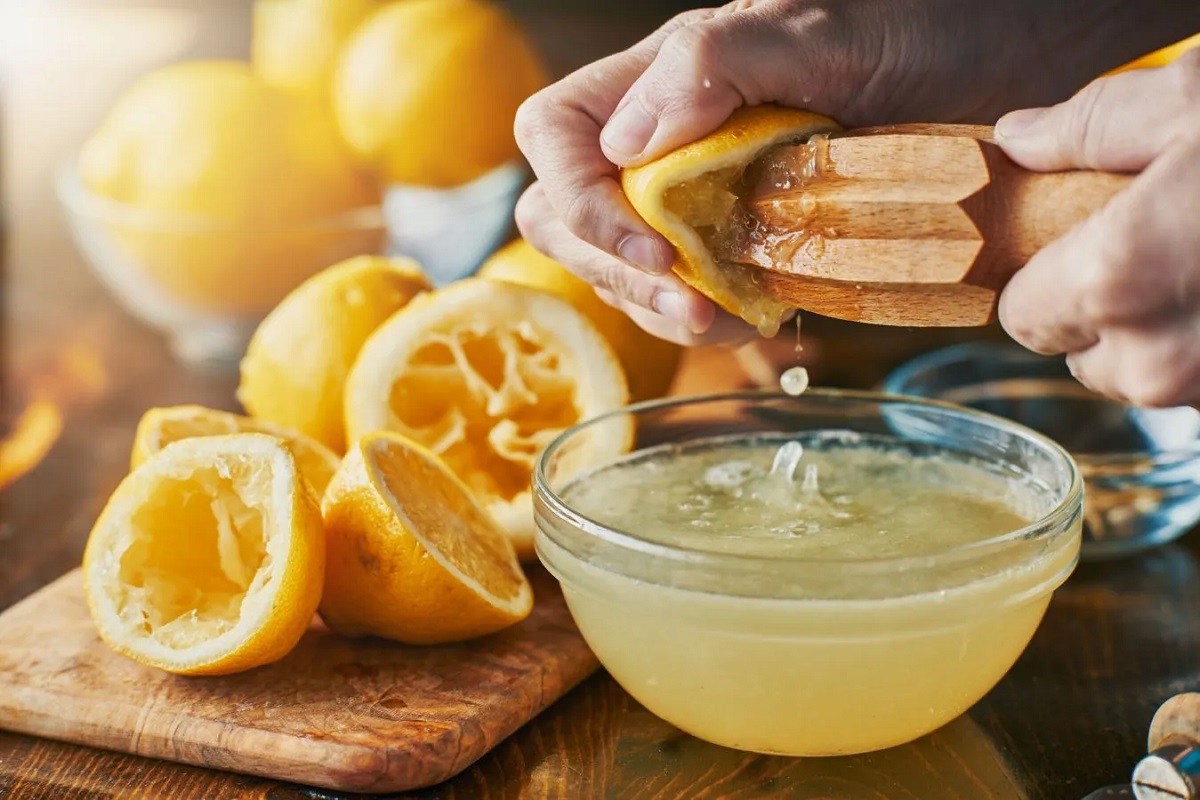
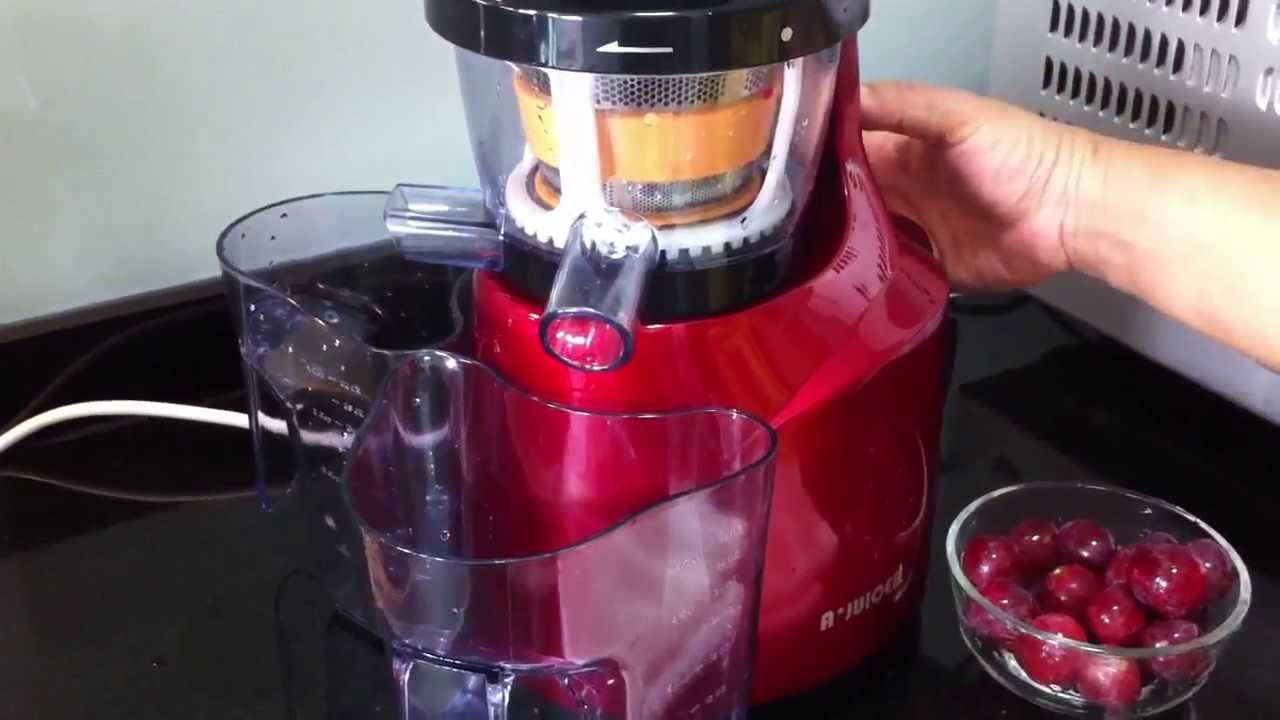
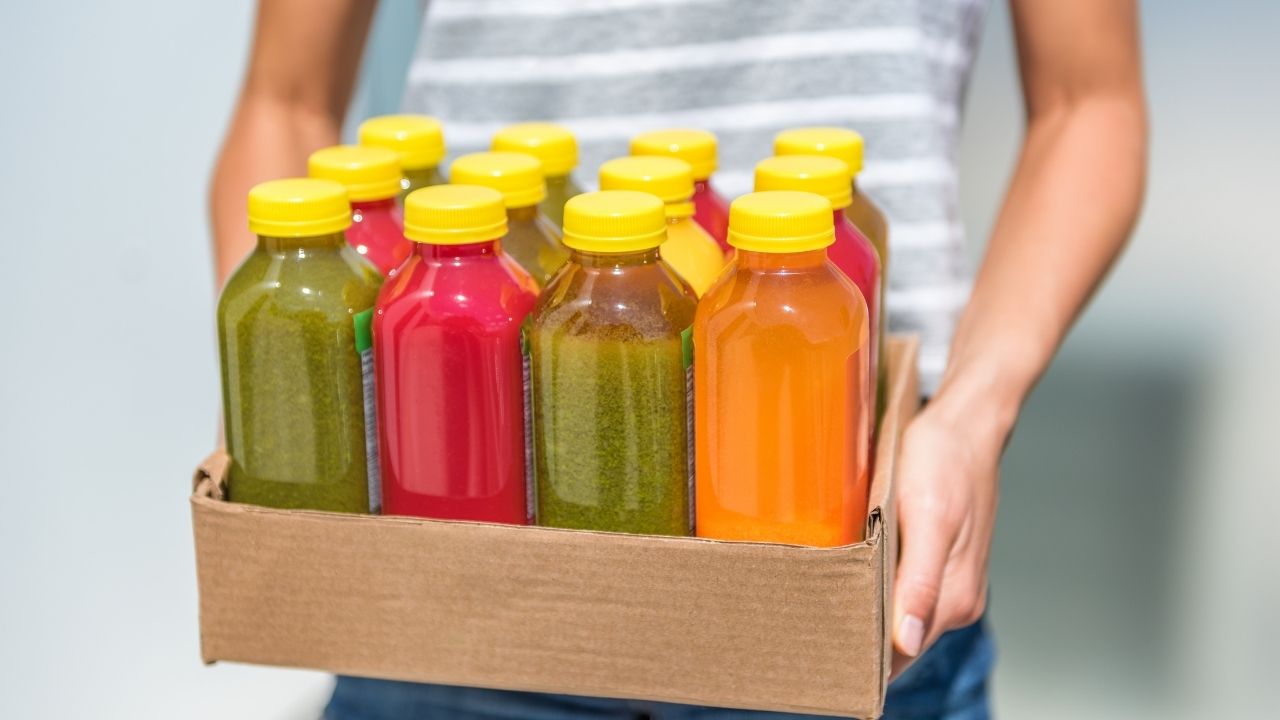
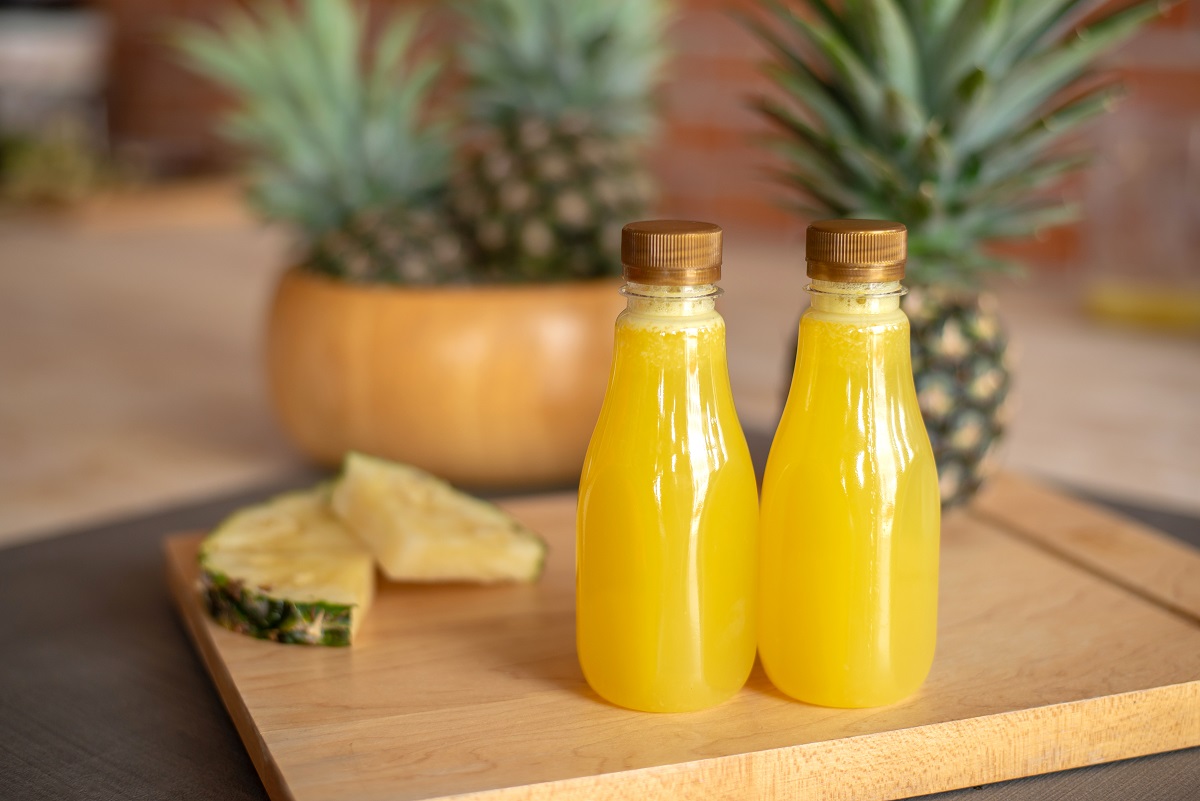
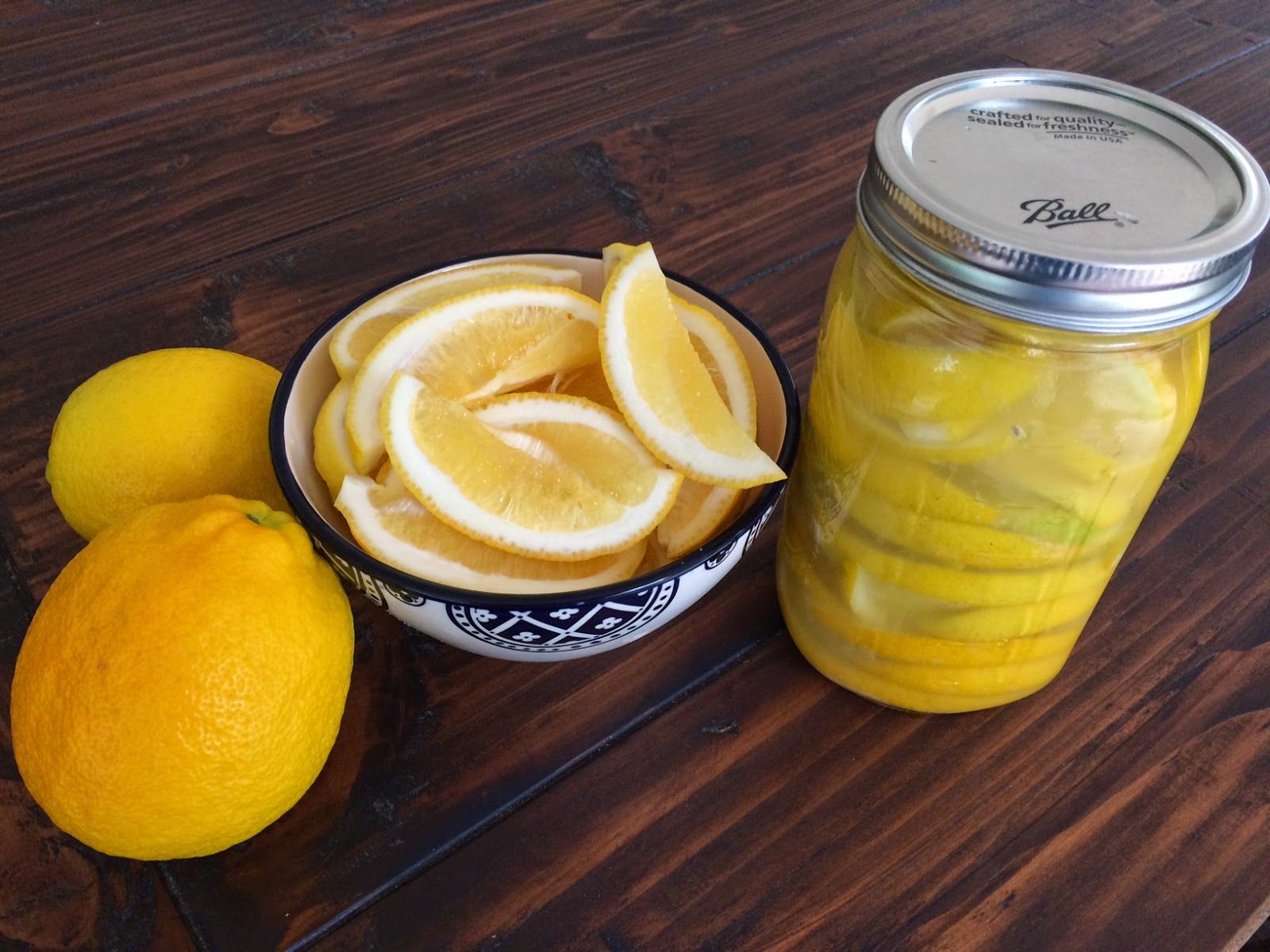
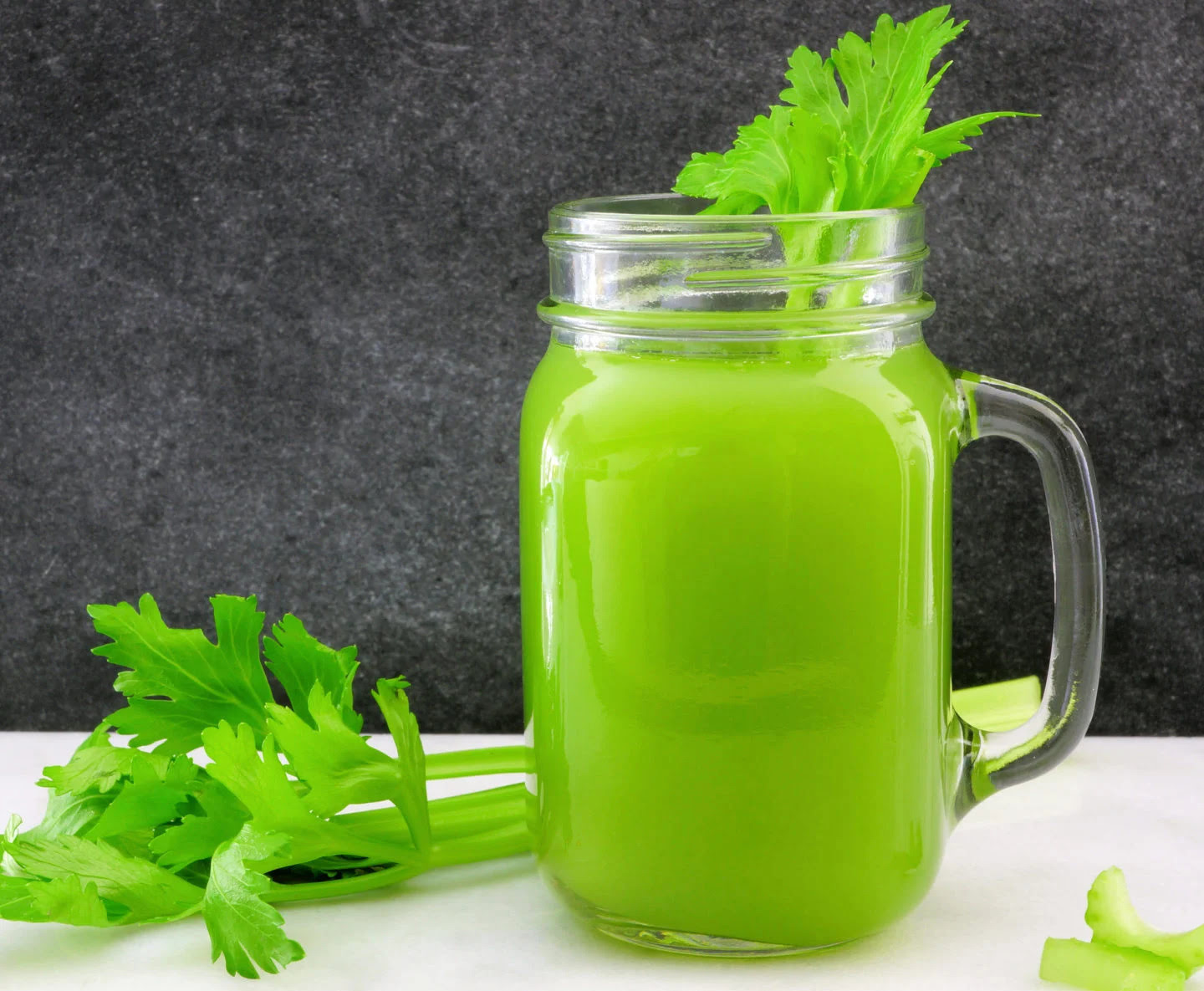
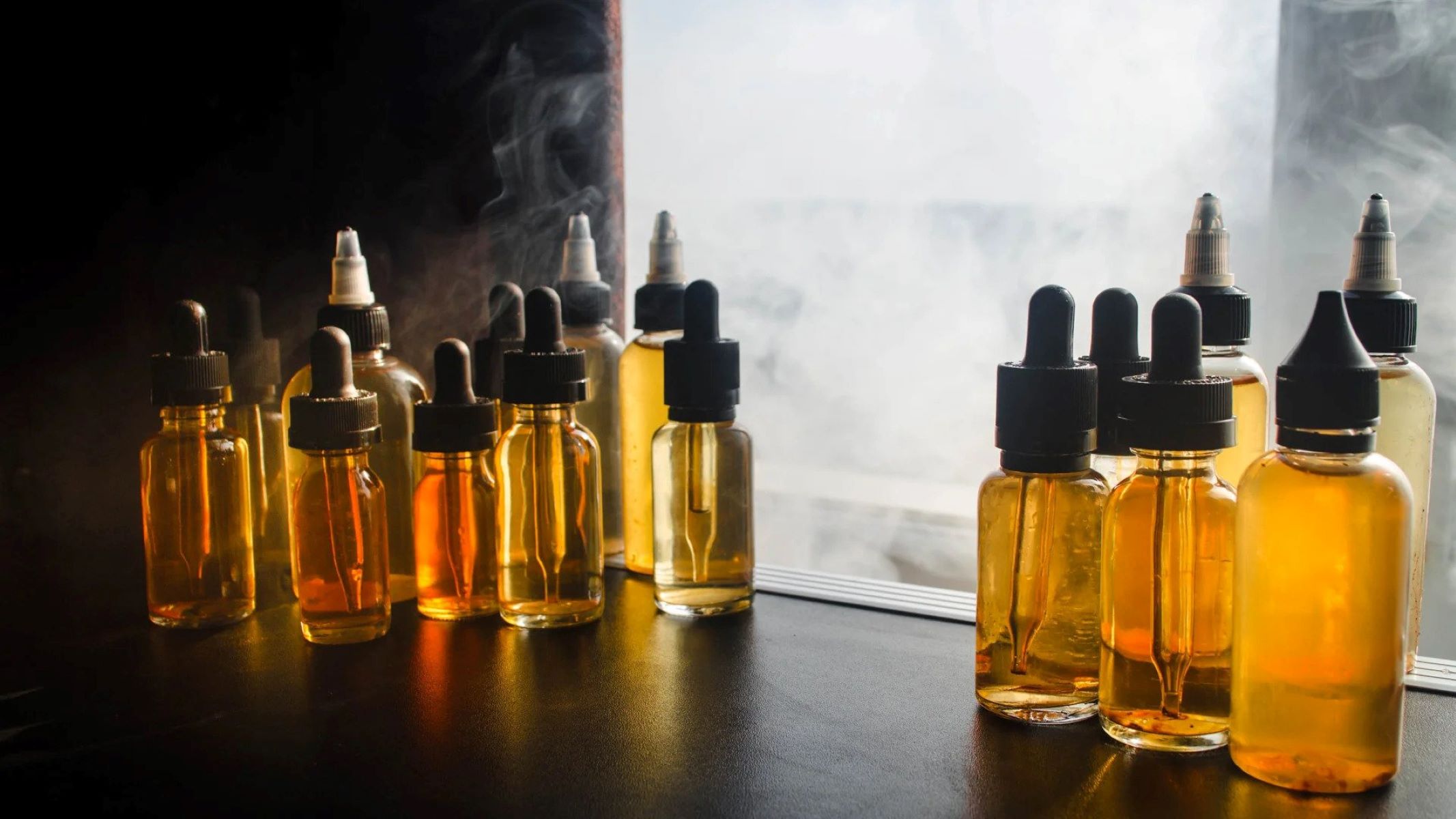
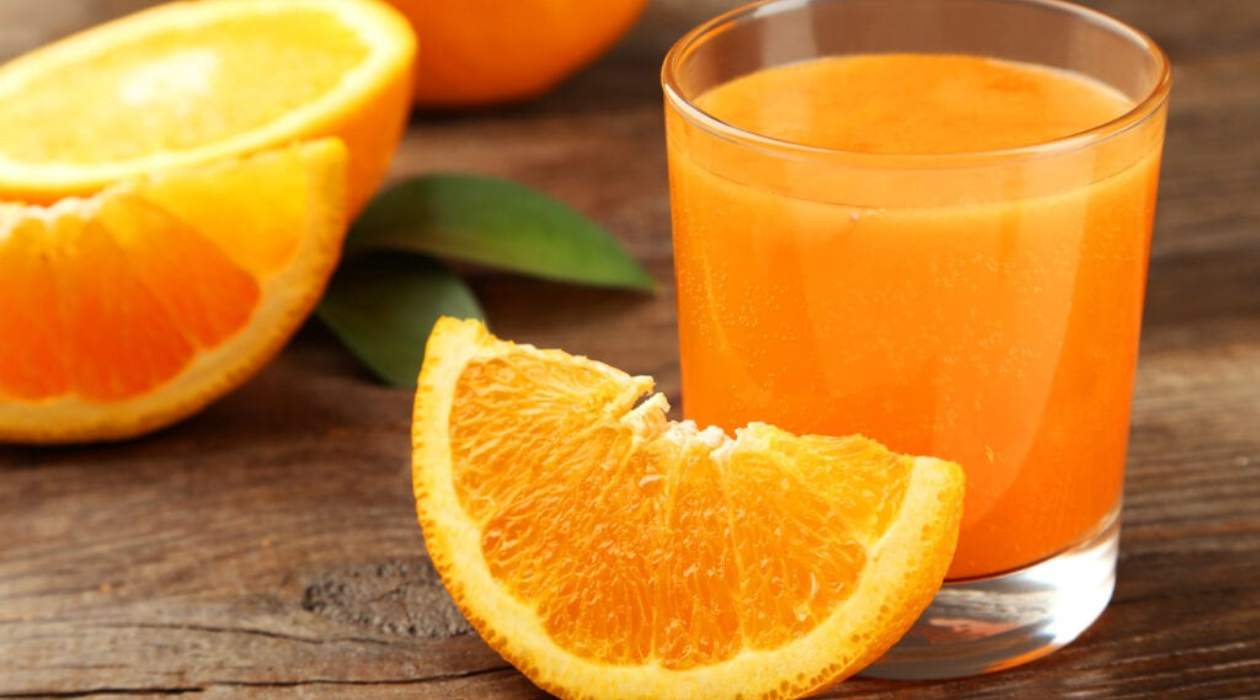
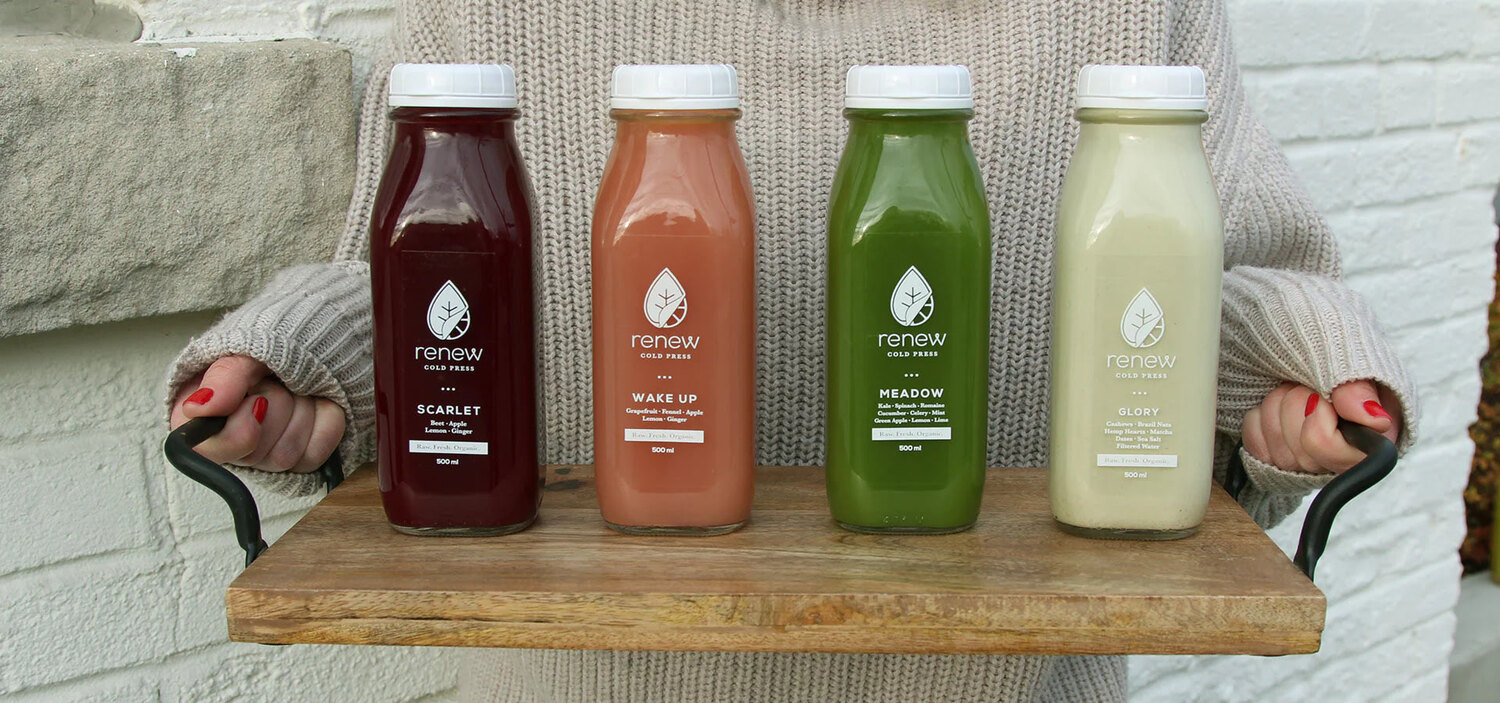
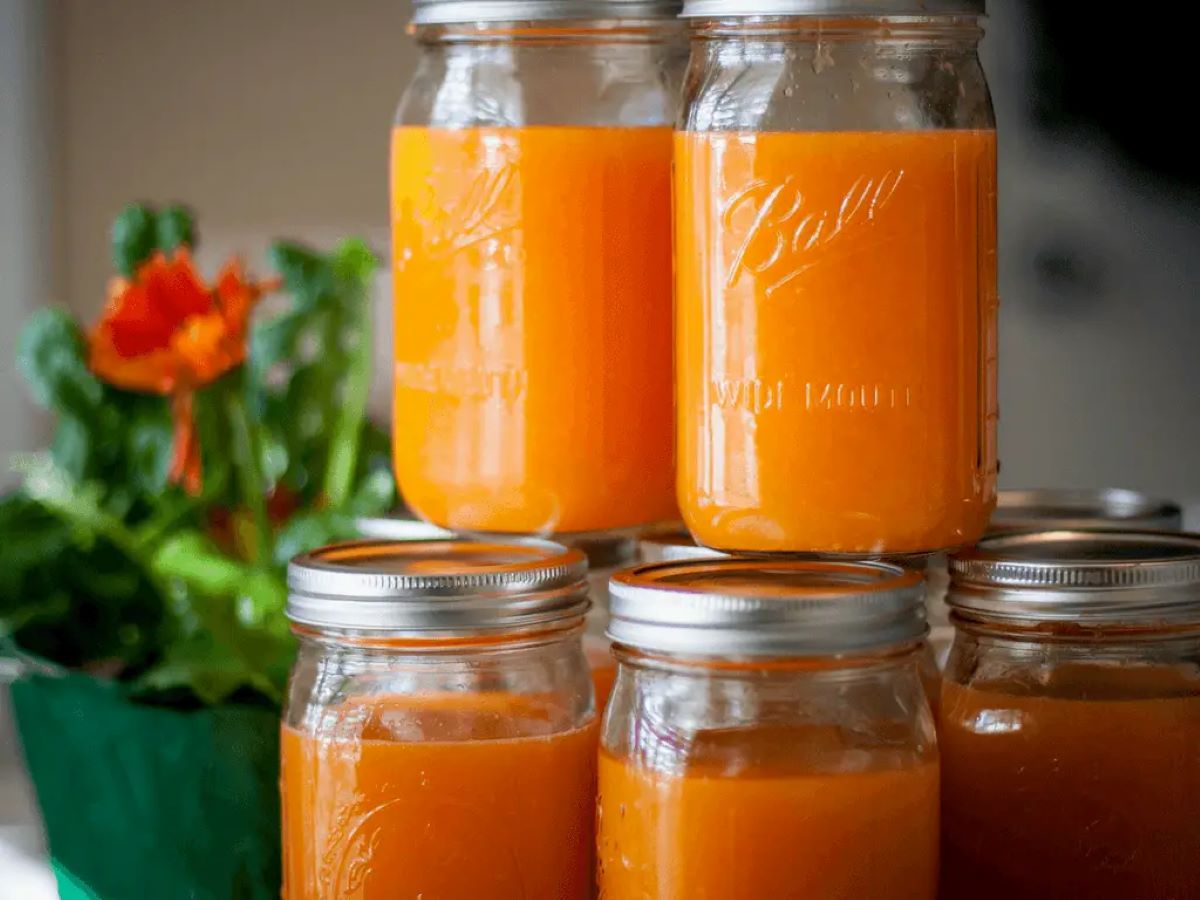
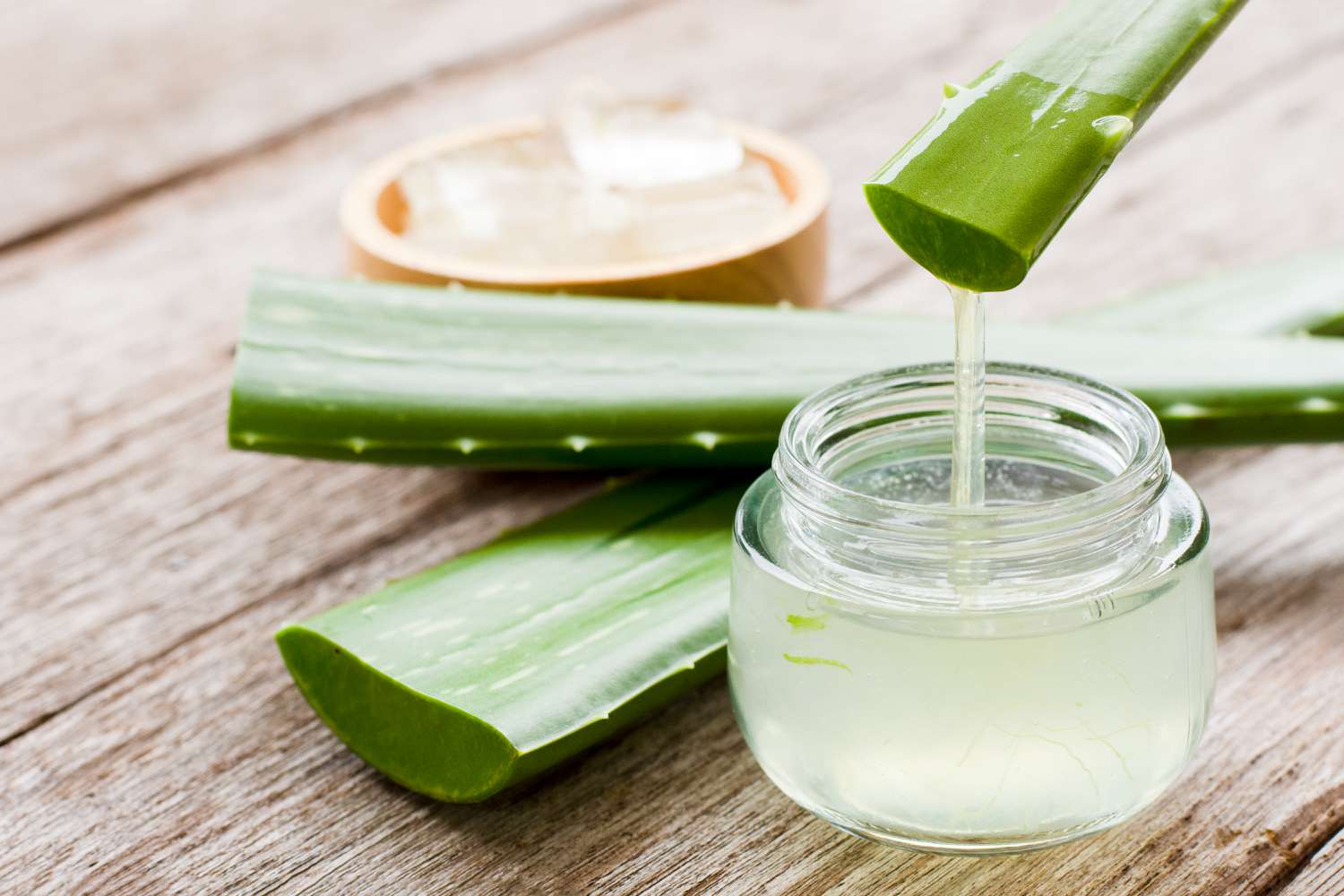
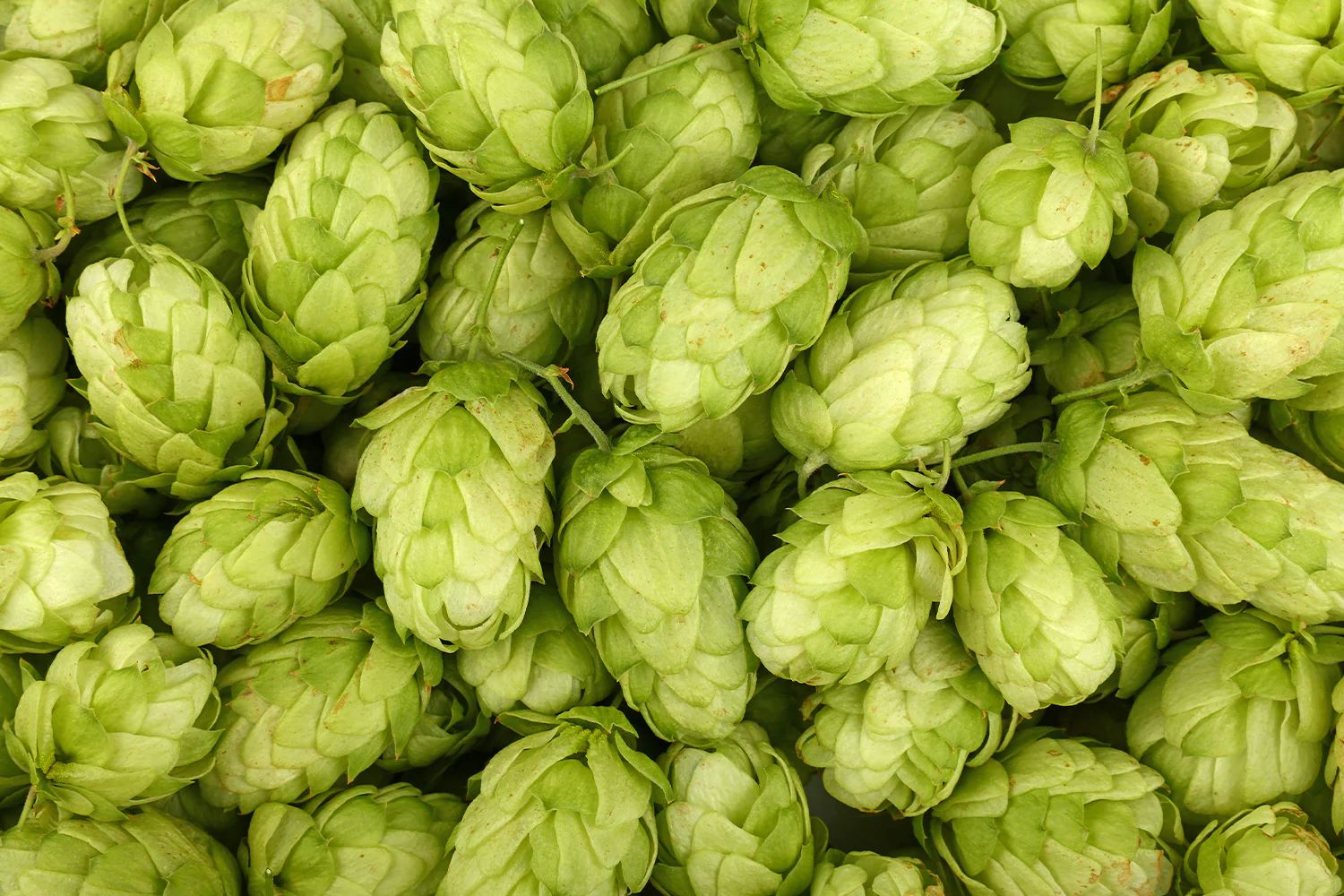
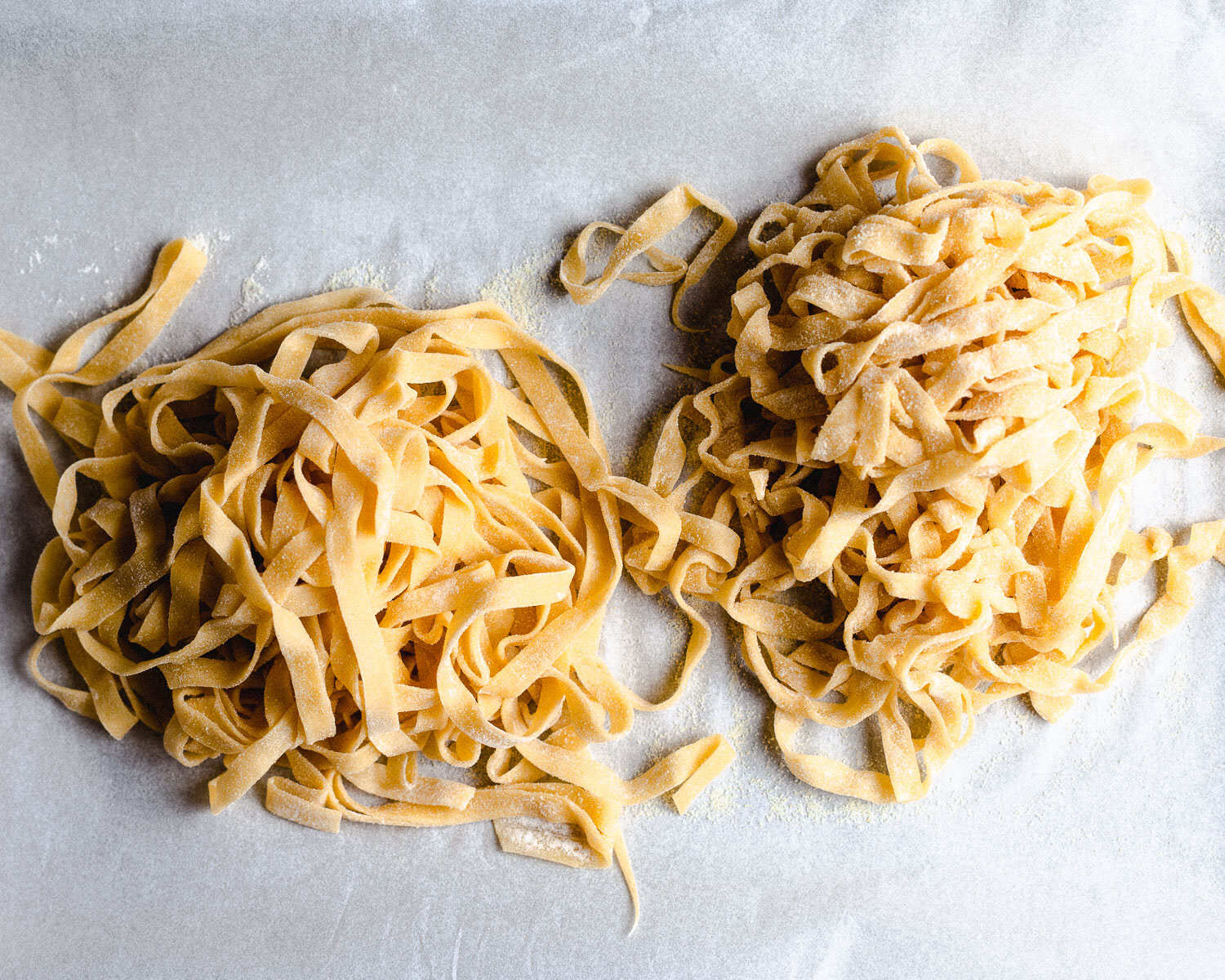
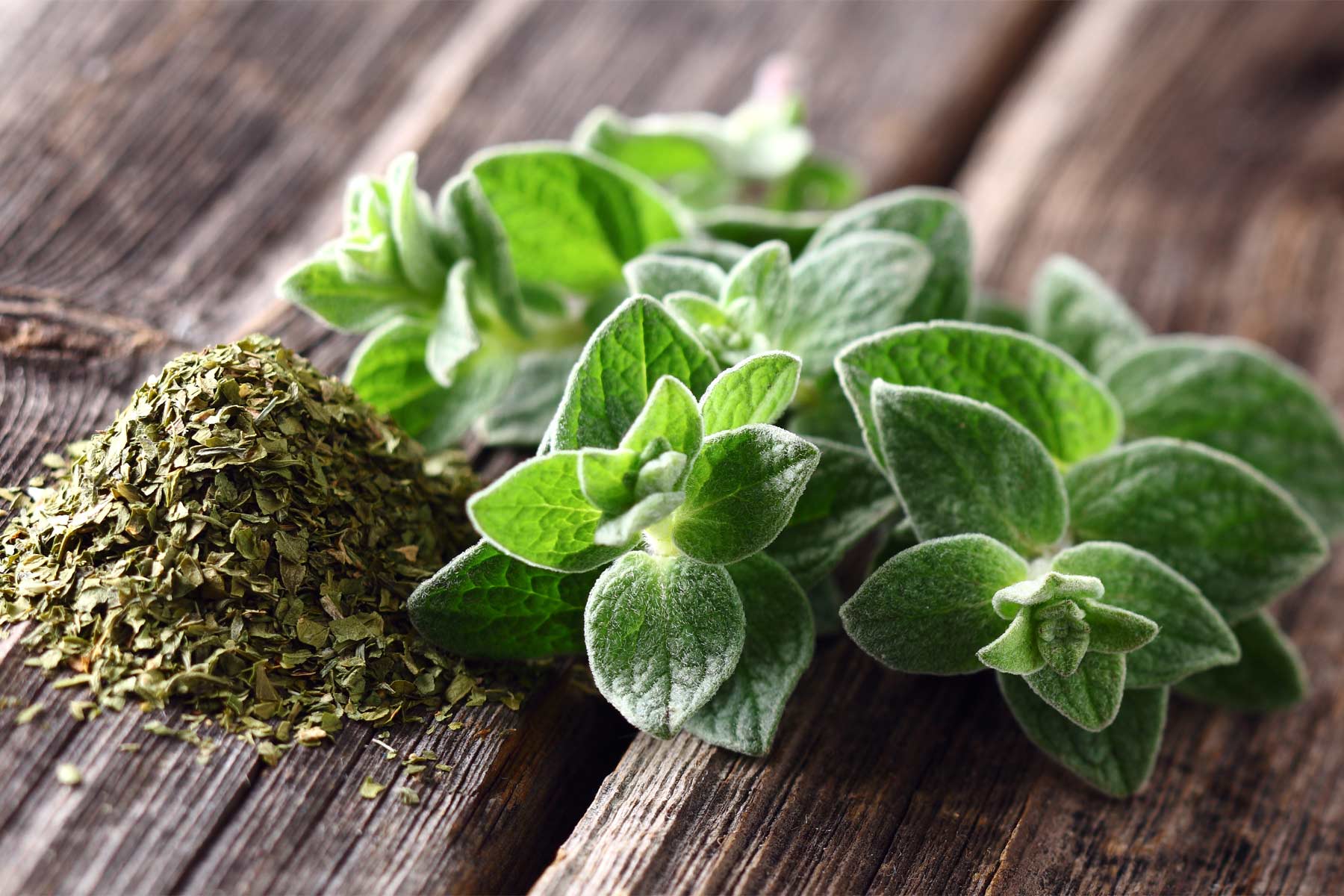

0 thoughts on “How To Store Fresh Juice”